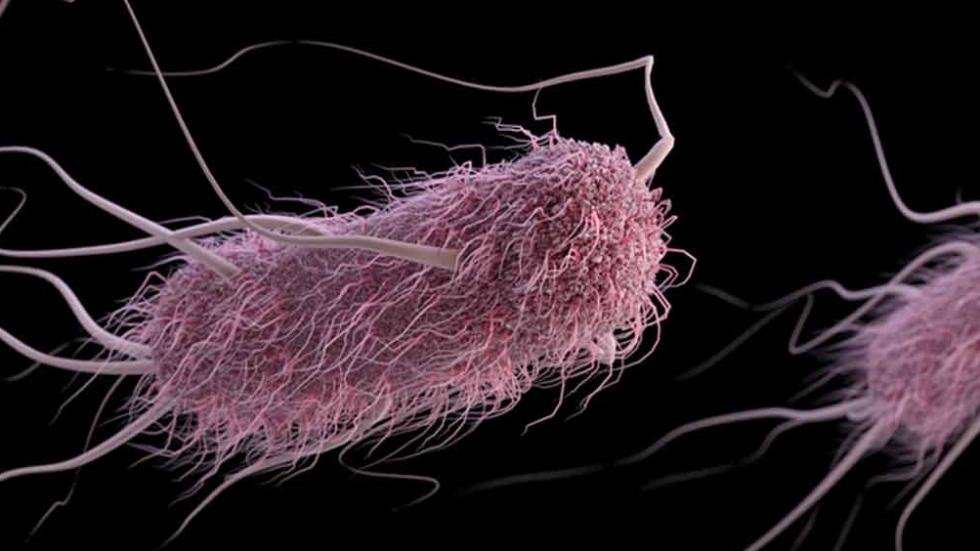E. coli, or Escherichia coli, is a type of bacteria commonly found in the intestines of humans and animals. While most strains are harmless and even beneficial for gut health, certain strains, like E. coli O157, can cause severe illness. These pathogenic strains can lead to gastrointestinal infections, urinary tract infections, and, in extreme cases, life-threatening conditions like kidney failure.
If you’ve recently experienced symptoms like severe stomach cramps, diarrhea (sometimes bloody), vomiting, or fever, you might wonder if you’ve been exposed to E. coli. Understanding the risks, symptoms, and preventive measures is crucial to protect yourself and your loved ones.
How Does E. coli Spread?
E. coli infections typically occur through ingestion of contaminated food or water, but the bacteria can also spread via person-to-person contact or exposure to animals. Here are common sources of exposure:
- Contaminated Food:
- Undercooked or raw ground beef
- Unpasteurized milk or dairy products
- Fresh produce like lettuce, spinach, or sprouts washed with contaminated water
- Contaminated Water:
- Drinking or swimming in water contaminated by animal or human feces
- Person-to-Person Contact:
- Poor hand hygiene after using the restroom or changing diapers
- Animal Contact:
- Direct interaction with infected animals or their environments, such as petting zoos
Symptoms of E. coli Infection
Symptoms of an E. coli infection can vary depending on the strain and individual. The most common signs include:
- Abdominal Cramps: Intense, sudden stomach pain
- Diarrhea: Ranging from mild to severe, often bloody
- Nausea and Vomiting
- Fever: Typically low-grade
In severe cases, particularly with E. coli O157, infections can lead to Hemolytic Uremic Syndrome (HUS), a condition that affects the kidneys and may cause kidney failure.
What to Do If You Suspect E. coli Exposure?
- Seek Medical Attention: If you experience severe or bloody diarrhea, contact a healthcare provider immediately. They may request stool tests to confirm the diagnosis.
- Stay Hydrated: Prevent dehydration by drinking plenty of fluids, especially if experiencing diarrhea or vomiting.
- Avoid Over-the-Counter Anti-Diarrheal Medication: Some medications can slow down the gut, prolonging the infection.
- Follow Your Doctor’s Advice: Treatment usually focuses on managing symptoms. Antibiotics are generally not recommended as they may worsen certain types of E. coli infections.
Prevention Tips
Preventing E. coli infections involves practicing good hygiene and food safety:
- Cook Meat Thoroughly: Use a food thermometer to ensure ground beef reaches an internal temperature of 160°F (71°C).
- Wash Fruits and Vegetables: Rinse produce under running water before consuming.
- Avoid Unpasteurized Products: Steer clear of raw milk, juices, or cheeses made from unpasteurized milk.
- Practice Hand Hygiene: Wash hands with soap and water before eating, after using the restroom, or handling raw meat.
- Be Cautious Around Animals: Wash hands thoroughly after visiting farms or petting zoos.
- Drink Safe Water: Avoid untreated water from lakes, rivers, or other natural sources.
Final Thoughts
E. coli infections are preventable with awareness and proper hygiene. If you suspect exposure, act quickly to seek medical help and avoid spreading the bacteria. By staying vigilant about food safety and personal hygiene, you can significantly reduce the risk of infection and protect your health.
For more information or to discuss symptoms, contact your healthcare provider. Stay safe and informed!

